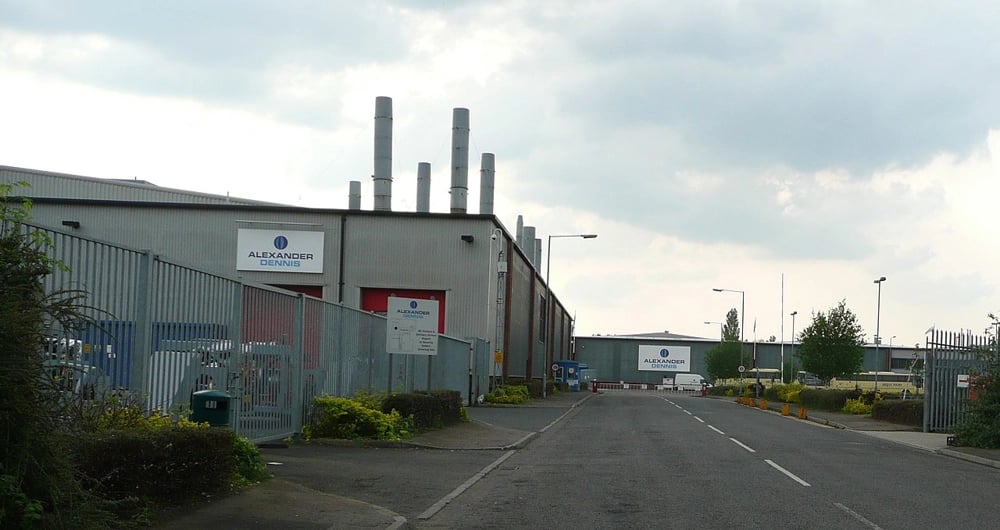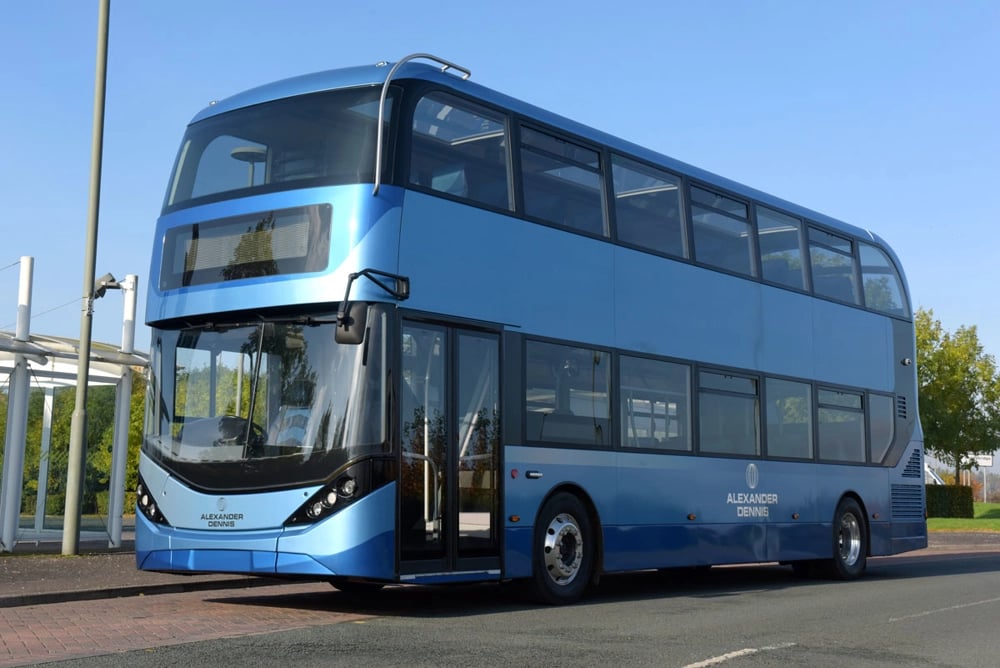Alexander Dennis to Relocate Bus Production to Scarborough Amid Chinese EV Competition
Alexander Dennis Ltd, a UK-based subsidiary of NFI Group Inc. $NFI.TO, plans to consolidate its bus manufacturing operations in response to mounting pressure from low-cost Chinese electric vehicle (EV) competitors. The company has confirmed it is considering transferring production to its existing site in Scarborough, England, which would result in the closure of the Larbert facility and cessation of manufacturing in Falkirk, Scotland. According to the statement, production in Falkirk would be discontinued, while operations at Larbert—currently used for finishing work and back-office functions—would shut down once current contracts are fulfilled. The company acknowledged that the changes could place approximately 400 positions at risk.
Competitive Pressures Driving Strategic Consolidation
The restructuring comes as Chinese electric bus manufacturers rapidly expand their UK market share—from 10% to 35% in just a few years. These manufacturers benefit from economies of scale, state subsidies, and aggressive pricing, posing significant challenges for domestic producers. To remain viable in this environment, Alexander Dennis aims to streamline operations, reduce fixed costs, and centralize assembly in Scarborough. The move is part of a broader transformation effort focused on restoring profitability and preserving market relevance amid accelerating EV adoption across Europe.

Official Statement Highlights Need for Efficiency Gains
Company President and Managing Director Paul Davies acknowledged the human cost of the decision but emphasized its strategic necessity: "We must take significant steps to improve efficiency and ensure our operating model remains competitive. It is deeply regrettable that this involves placing jobs at risk and proposing to cease manufacturing at some of our sites". His statement reflects growing pressure on traditional bus makers to modernize amid tighter margins, geopolitical friction in global supply chains, and rapidly changing regulatory landscapes.
Factors Shaping the Decision
Several forces contributed to the restructuring announcement:
Rising import pressure from Chinese EV bus manufacturers offering lower-cost alternatives;
Fragmented UK production footprint driving inefficiencies;
Shrinking margins in public transport procurement tenders;
Labour and overhead costs concentrated in multiple regions;
Global transition toward zero-emission public mobility.
These dynamics have prompted Alexander Dennis to act decisively before structural disadvantages become irreversible.

Implications for the UK Transport Sector
The proposed relocation signals a broader shift in the UK’s industrial strategy for electric transportation. While centralizing operations may enhance productivity, it also raises concerns over regional job losses, industrial capacity, and long-term competitiveness. Without supportive industrial policy or strategic investment, domestic manufacturers risk ceding ground to foreign entrants in a critical growth market.
As public transit authorities across Europe prioritize decarbonization and cost efficiency, vertically integrated Chinese producers are increasingly positioned to dominate tender markets—unless UK-based companies can match their scale, innovation, and cost structure.















Comments